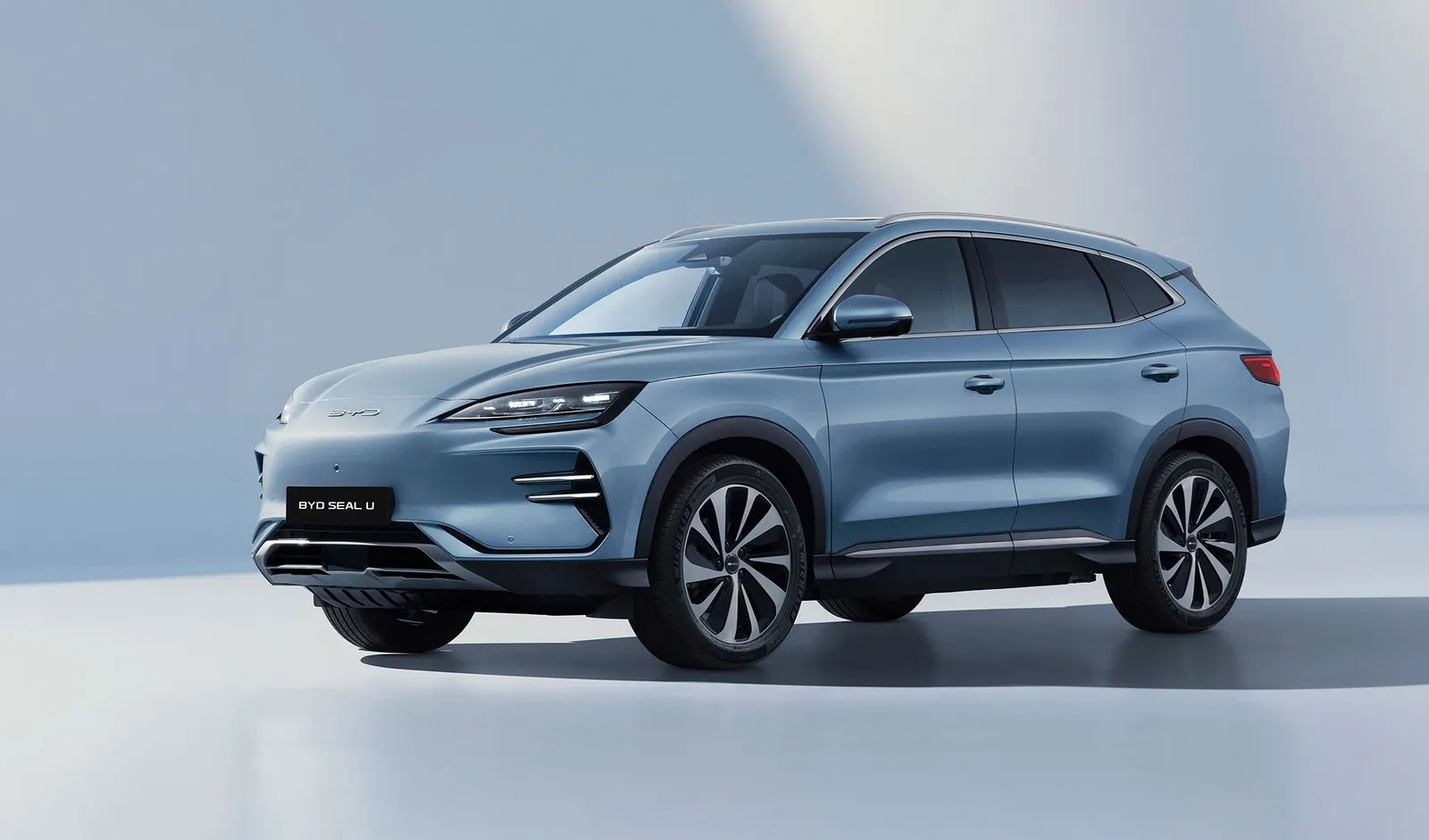Global Partnership Excludes U.S. Market in Major EV Initiative
Uber Technologies Inc. is partnering with BYD Co to bring 100,000 electric vehicles (EVs) to its ride-hailing platform. This significant deal between American and Chinese companies notably excludes the United States.
Uber and BYD have formed a long-term partnership to provide drivers with discounted vehicle prices and financing options. The collaboration will initially focus on Europe and Latin America before expanding to the Middle East, Canada, Australia, and New Zealand.

The partnership significantly advances Uber’s goal of electrifying its ridesharing fleet, a challenge the company’s CEO acknowledged earlier this year was falling behind schedule. Meanwhile, BYD, a rapidly expanding automaker with a dominant presence in China, is using this alliance to accelerate its global expansion and establish a stronger foothold in markets where its brand recognition is still developing.
“We envision our advanced electric vehicles becoming a familiar sight in cities around the globe,” said Stella Li, BYD’s executive vice president and CEO of BYD America.
The partnership defies the growing geopolitical tensions between the U.S. and China over the automotive industry. While China has solidified its position as a dominant force in battery technology and the electric vehicle supply chain, the U.S. has responded with trade restrictions and substantial financial incentives to bolster domestic production.
Uber and BYD’s joint statement conspicuously omitted any mention of the United States. This is likely due to Chinese automakers’ minimal access to the American market. President Biden has intensified trade tensions by pledging to increase tariffs on Chinese electric vehicles to a staggering 102.5% this year, a sharp escalation from the 27.5% rate imposed by his predecessor, Donald Trump.
The European Union and Canada have also imposed or are considering higher tariffs on Chinese electric vehicle imports. These trade barriers could further hinder Uber’s goal of operating exclusively electric vehicles in U.S., Canadian, and European cities by 2030.
Uber has struggled to find affordable, long-range electric vehicles that offer sufficient space to compete with popular, low-cost gasoline-powered cars like the Toyota Prius, which many ridesharing drivers favour.
BYD has been aggressively expanding its global footprint. The company has opened a new manufacturing plant in Thailand and is planning additional facilities in Brazil, Hungary, and Turkey. To strengthen its market position, BYD has partnered with Vemo, a Mexico City-based ride-hailing startup, to supply electric vehicles. Additionally, the company’s sponsorship of major football tournaments like Euro 2024 and Copa America has significantly enhanced its brand visibility in Europe and the Americas.

Overcoming Challenges in the Adoption of Electric Vehicles
The companies identified the high cost of electric vehicles and limited financing options as the primary obstacles preventing drivers from switching to gasoline-powered cars. They highlighted BYD’s vehicles as a potential solution, emphasizing lower maintenance and repair costs, as well as a diverse range of models suitable for ridesharing services.
The agreement may also include reduced costs for charging, vehicle upkeep, insurance, and leasing or financing options.
Uber previously collaborated with Hertz, a major US rental car company, to provide special benefits for drivers who rented Tesla vehicles. However, Hertz has recently reduced its electric vehicle inventory, potentially impacting this partnership.
Uber has collaborated with charging companies like EVgo and Revel to provide cost-saving benefits for its drivers who use electric vehicles. The company has also pledged to invest £5 million in public EV charging infrastructure in London.
Uber still faces significant challenges in transitioning its vast driver base to electric vehicles. As of the first quarter, only 8.2% of rides in the US and Canada and 9% in Europe were completed using zero-emission vehicles.
Uber and BYD highlighted the potential of BYD’s self-driving technology in their joint statement, expressing optimism about their combined ability to expand autonomous vehicle services. Uber is already involved in autonomous ridesharing with Waymo in Phoenix and autonomous delivery services in several locations.
The partnership between Uber and BYD could be a game-changer for the ridesharing industry. By combining Uber’s platform with BYD’s electric vehicle technology and the potential for autonomous driving, the two companies are positioning themselves at the forefront of sustainable and efficient transportation.


